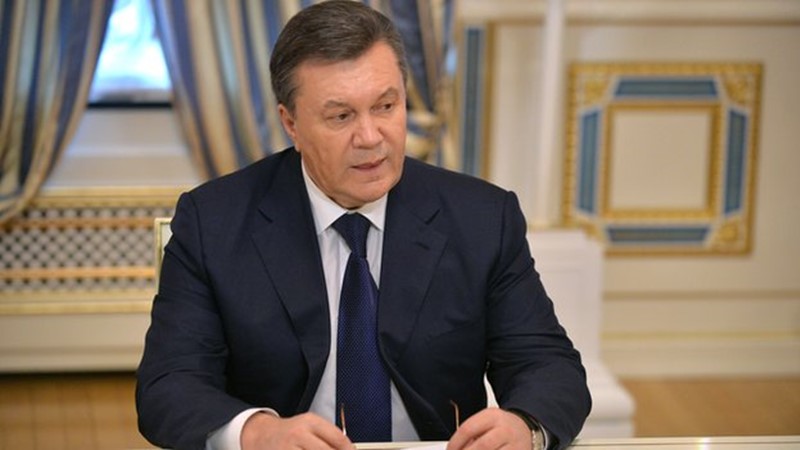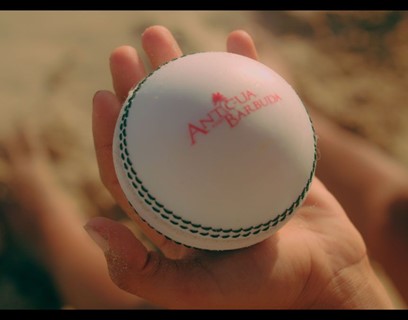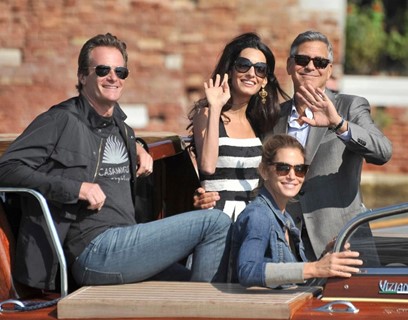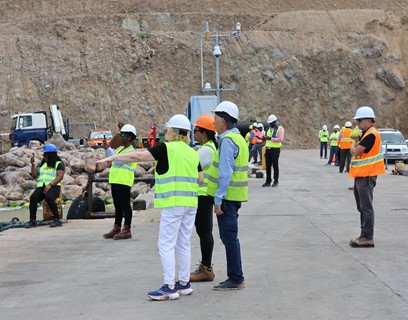
Ukraine has issued an arrest warrant for fugitive ousted President Viktor Yanukovych, the interior minister says.
Arsen Avakov said on Facebook that a criminal case had been opened against Mr Yanukovych and other officials over "mass murder of peaceful citizens".
MPs voted to remove Mr Yanukovych on Saturday after months of deadly protest sparked by his rejection of an EU deal in favour of closer ties with Russia.
Russia's PM has said he doubts the legitimacy of Ukraine's new leaders.
"We do not understand what is going on there. There is a real threat to our interests and to the lives of our citizens," Russian media quoted Dmitry Medvedev as saying.
"There are big doubts about the legitimacy of a whole series of organs of power that are now functioning there."
Russia, furious at the loss of its political ally, has already accused the opposition of seizing power, and has recalled its ambassador for consultation.
Newly appointed interim President Olexander Turchynov has said Ukraine wants to establish relations with Russia on an "equal and good-neighbourly footing that recognises and takes into account Ukraine's European choice".
Parliament has until Tuesday to form a new unity government.
In his statement Mr Avakov said an "official case for the mass murder of peaceful citizens has been opened", and that Mr Yanukovych and others "have been declared wanted".
The statement said Mr Yanukovych was last seen in Balaklava on the Crimean peninsula on Sunday. But after dismissing most of his security detail, he had left by car for an unknown destination, accompanied by an aide.
The statement did not name the other figures covered by the warrant.
Mr Avakov and Valentyn Nalyvaychenko, appointed by parliament to oversee security matters, have travelled to Crimea to defuse tensions, according to media reports.
The peninsula is an autonomous region, where the majority of the population is ethnically Russian. Crimea, along with some pro-Russian areas in the east, have seen protests against the overthrow of Mr Yanukovych, sparking fears the country could be broken apart by separatism movements.
Mr Avakov said it was "very important not to provoke anybody with excessive emotions", and that there should be "no repetition of the picture of confrontation that we saw in Kiev when the authorities went against the people".
"I think that through peaceful dialogue we can return everything to a state of calm," the 5 Kanal TV station quoted him as saying.
When asked on Sunday whether Russia might intervene militarily in Ukraine, US National Security Adviser Susan Rice said this would be "a grave mistake".
"It's not in the interests of Ukraine or of Russia or of Europe or the United States to see a country split. It's in nobody's interest to see violence return and the situation escalate," she said.
Looming debt crisis
The protests first began in late November when Mr Yanukovych rejected a landmark association and trade deal with the EU in favour of closer ties with Russia.
The health ministry says 88 people, mostly anti-Yanukovych protesters but also police, are now known to have been killed in last week's clashes.
An opposition MP Henadiy Moskal has published documents which he says show the Interior Minister Vitaliy Zakharchenko was given authorisation to use weapons including snipers against protesters in the square. The claims have not been verified.
Separately, documents published on Ukraine's Glavkom website apparently show that the armed forces' general staff head, Yuriy Ilyin, had planned to deploy 2,500 soldiers to clear the Maidan.
Mr Yanukovych insisted on Saturday that he was still Ukraine's legitimate leader. But he had become increasingly isolated and parliament voted to impeach him and hold presidential elections in May.
On the same day, thousands of protesters were able to walk unchallenged into official presidential buildings in the capital, and into Mr Yanukovych's home just north of Kiev, after police abandoned their posts.
Thousands of people remain in Kiev's Independence Square, the Maidan.
Correspondents say the atmosphere at the square is now largely calm, and it has become a shrine to the dead.
EU foreign policy chief Catherine Ashton arrived in Kiev on Monday to discuss EU support "for a lasting solution to the political crisis and measures to stabilise the economic situation".
Meanwhile, the new interim Finance Minister, Yuriy Kolobov, has said Ukraine needs around $35bn (£21bn) in urgent foreign aid and asked for an international donors' conference to be held.
Moscow recently agreed to provide $15bn to support Ukraine's struggling economy, a move seen as a reward for Mr Yanukovych's controversial decision last year not to sign the long-planned trade deal with the EU.
But there are fears Moscow could withdraw that offer. Ukraine has state debts of some $73bn, with around $6bn to be paid this year.


